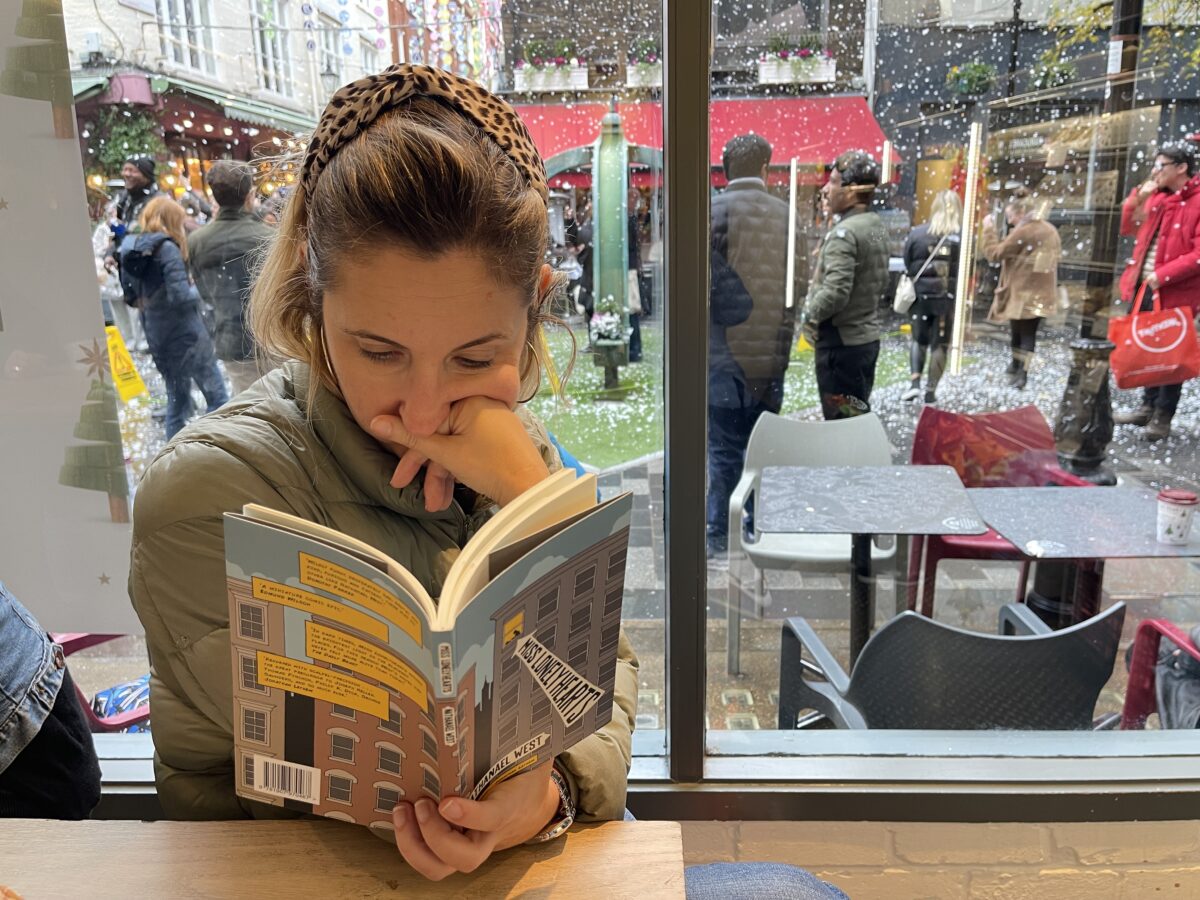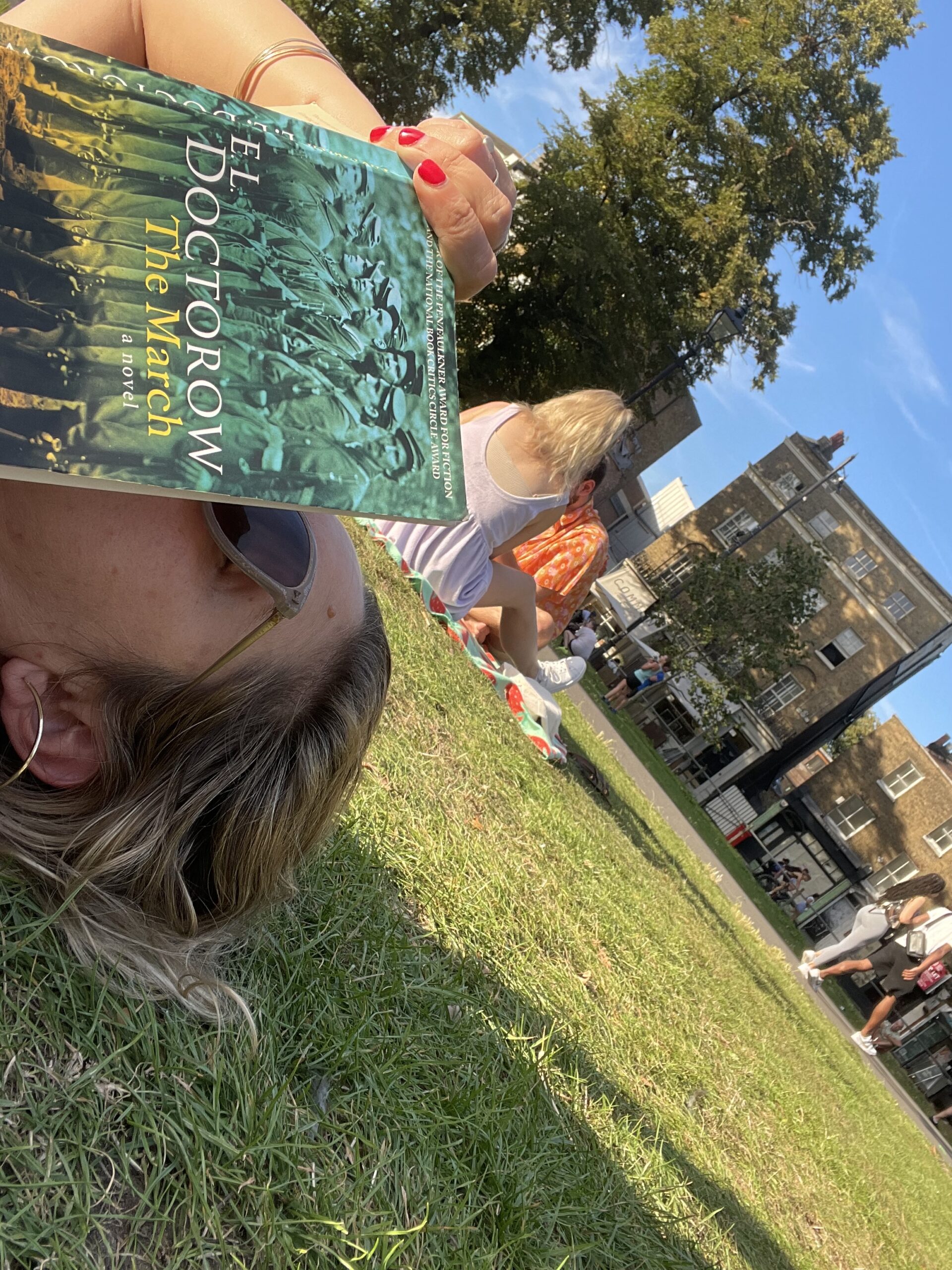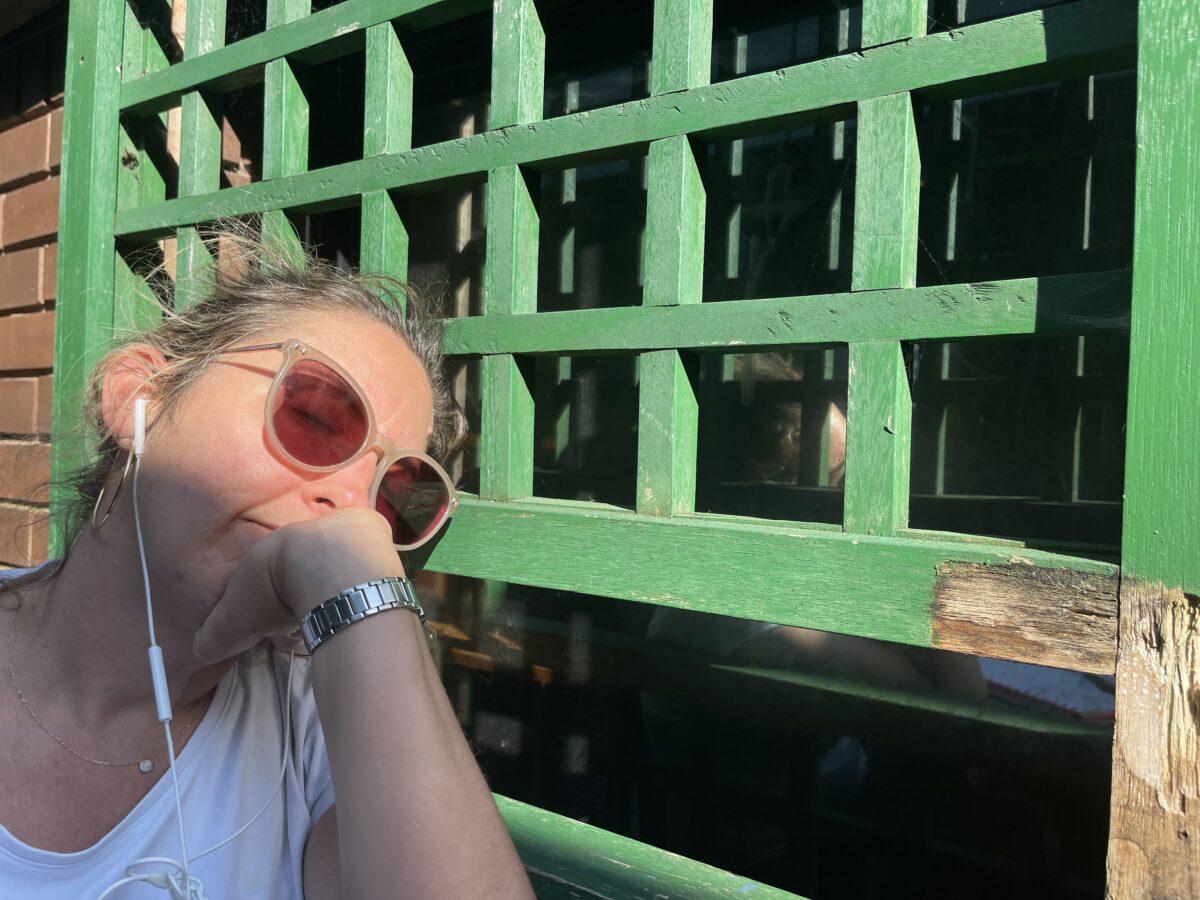Here is the true story of a man who camped in the woods, completely without human contact, for 27 years. I take it back: in the 1990s, apparently, a hiker said ‘hi’ to him.
This is a mind-boggling story. This guy from Maine, one year out of high school, leaves work one day and drives to Florida. Then he drives all the way back to Maine, past his childhood home, and keeps driving, deeper and deeper into the woods, until he runs of petrol. He puts the keys on the dash, and heads into the woods with nothing. And then he just doesn’t come out again.
I don’t want you to get the impression that he was there, wandering through glorious vistas and living off the land. He essentially found a small clearing, behind some rocks, that was minutes away from holiday homes, and just stayed there. All winter, he did not move. Even in summer, he only left to go steal necessities form the holiday homes. He just sat there, in this clearing, for 27 years. Once finally caught, police noticed how pale he was, and he accounted for this as follows: ‘I’m from the woods, not the fields.’ His main concern once police were in his camp seemed to be for his mushroom, that had grown from being coin-size to dinner-plate-size while he sat there. He apparently concluded he could not have a mammal pet, because he did not want to have to ever be forced to eat a pet.
This was a possibility, because every winter he got close to dying. He stole as much as he could in the summer, but it was hard to make it through the whole winter on that. He woke up every night at 2am to walk around so he didn’t freeze to death. And all the time there was a convenience store not 10 minutes away.
Probably the weirdest part of this whole story is that this guy does not seem to be crazy. In the woods he listened to the radio, and read books. After getting out of prison he went back to live with his family (who btw he did not tell that he was leaving). It just seems he did not much like human interaction, so he cut it out. He opted out.
He spent a lot of his time in the clearing apparently not fixing stuff, or reading, or whatever, but just sitting there. He cannot well describe it, but it is clear he had the experience of going out of himself. Because you don’t need a self when there is no one else to have a self for. He just listened to the wind and looked at the leaves. And then there was the pet mushroom.
I mean it does make you doubt your own choices. Somewhere the author quotes the line, attributed to Sophocles, of ‘Beware the barrenness of a busy life,’ and I’ve been thinking about that.









